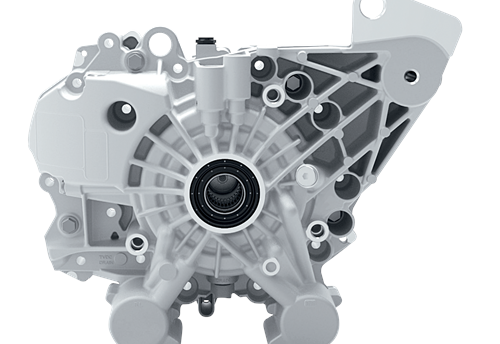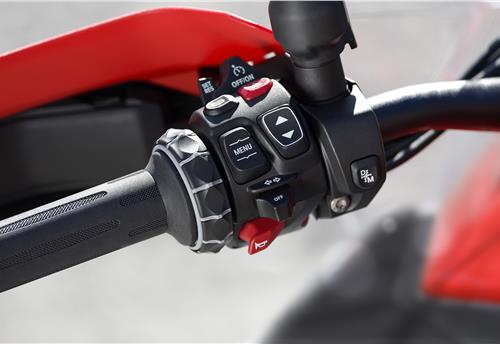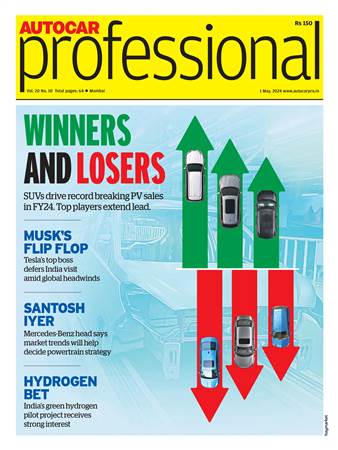VW emissions scandal: Audi tech boss Ulrich Hackenberg steps down
The man behind the MQB modular platform steps down as Audi's technical boss "by mutual agreement".
Audi technical boss Dr Ulrich Hackenberg is to step down from his role in the wake of the VW emissions scandal, it has been announced.
Hackenberg, 65, has been a senior figure in the VW Group's technical department for since he joined Audi in 1985. He was a major player in several key projects at the Ingolstadt brand and parent firm VW, including running Audi's concept department during the period when it released the A2 and TT, and helping the VW team that created the XL1 economy prototype.
However, Hackenberg has been out of the public eye since the VW emissions scandal broke in September, prompting speculation that was one of several key engineering figures who had been suspended by the VW Group pending an internal investigation. He was also seen as a close ally of former VW Group CEO Martin Winterkorn. Now Audi has confirmed that he will leave his post "by mutual agreement" and be replaced by the current Head of Powertrain Stefan Knirsch – although the departure appears to be with the blessing of the new VW management, and the prepared statement makes no direct reference to the VW Group crisis.
Winterkorn's successor, Matthias Muller, said, "Above all, the modular toolkit system is inseparably connected with the name of Ulrich Hackenberg. He had that idea already in the early nineties at Audi. Today, the entire Group profits from it.”
Audi’s Board of Management Chairman Rupert Stadler said, “In the 30 years that he was active in the Volkswagen Group, Ulrich Hackenberg was involved in crucial strategies and model decisions. The highly flexible modular system resulted in flexible modular production. Both systems helped us to produce very efficiently and with high quality. Numerous car models from Audi, Volkswagen and Bentley were significantly affected by his commitment and expertise. On behalf of the entire Board of Management, I thank him for his many years of commitment and his professional passion.”
VW outlines fixes to EA189 diesel engines
Volkswagen Group has detailed the technical fixes which will be used to bring two of its EA189 diesel engines into line with current emissions standards.
The fixes, which are for the 1.6-litre and 2.0-litre diesel engines, have been presented to the KBA authority in Germany to be ratified before being offered to the public. Volkswagen says the fixes rectify emissions on "the majority" of vehicles affected by the ongoing emissions scandal. In a statement, Volkswagen says "after implementation of the technical measures, the vehicles will comply with the applicable emissions standards."
Detailing the measures which will be taken to remove the 'defeat device' software from its engines, Volkswagen revealed the following information.
EA189 1.6-litre diesel engine - VW says a new 'flow transformer', a mesh used to calm air flow around the air mass sensor, will be fitted. The sensor is used to measure air mass throughput, and helps to regulate the internal combustion process. In addition, a software update will be applied. In all, the fix should take less than one hour.
EA189 2.0-litre diesel engine - These engines will only receive a software update, which should take less than half an hour.
"Thanks to advances in engine development and improved simulation of currents inside complex air intake systems, in combination with software optimisation geared towards this, it has been possible to produce a relatively simple and customer-friendly measure," reads VW's statement.
"The objective for the development of the technical measures is still to achieve the applicable emission targets in each case without any adverse effects on the engine output, fuel consumption and performance. However, as all model variants first have to be measured, the achievement of these targets cannot yet be finally confirmed."
The technical solution for the 1.2-litre EA189 engine will be presented to the KBA at the end of this month, VW said. The company also said its sister brands, Audi, Seat, Skoda and VW Commerical Vehicles, were also planning their own corresponding measures to fix affected vehicles
Why did VW cheat?
A senior source within the German car industry has shed light on the most significant outstanding question of the VW emissions scandal, namely why?
If the offending cars have all the emissions equipment on board to make the car compliant with the regulations, why take such an enormous risk engineering in the ‘defeat device’ to bypass that equipment?
“I expect it was pressure on the engineers that made them do it,” said the source. “Remember this system was designed some time ago when emissions controls were not as sophisticated as they are now, and the pressure to pass the tests would have been immense.
“And I imagine the reason they installed the defeat device is that without it there would have serious consequences not in the laboratory but on the road, either with the car’s performance, driveability, fuel consumption or some combination of the three.”
He went on to confirm that technology has since evolved sufficiently for there to be no need for such devices today.
So why, then, did VW not simply stop using the defeat device when it was no longer needed? “There are two possible reasons. First it would likely have been integrated within the entire electronic architecture of the car and not easy to remove, second to remove it those responsible for its installation would have first to have flagged up the fact that they’d put it there, which they’d probably not be too keen to do…”
The source said he believed the defeat device was likely to be present also on VW products sold in Europe with the EA189 engine [since confirmed by a German minister] but almost certainly not active which he said, was “nothing like as bad as having active, but still illegal”.
He said also he believed that VW alone was using such a device and that all other German car manufacturers had no equivalent systems on the cars they sold today.
The one remaining question is who signed off the defeat device. Former VW boss Martin Winterkorn has denied knowledge of it and his resignation, while inevitable, was no kind of admission of guilt.
Whoever was responsible, it seems likely that more heads will have to roll before the true picture emerges.
RELATED ARTICLES
Kia previews upcoming EV3 compact SUV with teaser images
Korean carmaker gives a glimpse of its forthcoming model’s front and rear end design ahead of the global premiere on May...
BorgWarner supplies Polestar BEV SUVs with electric torque vectoring and disconnect system
Electric Torque Vectoring and Disconnect (eTVD) system for battery electric vehicles adaptively improves vehicle safety ...
BMW Motorrad develops Automated Shift Assistant to make riding simpler
Automated Shift Assistant’s clever functional design eliminates the need for a hand lever to operate the clutch manually...





 04 Dec 2015
04 Dec 2015
 5236 Views
5236 Views



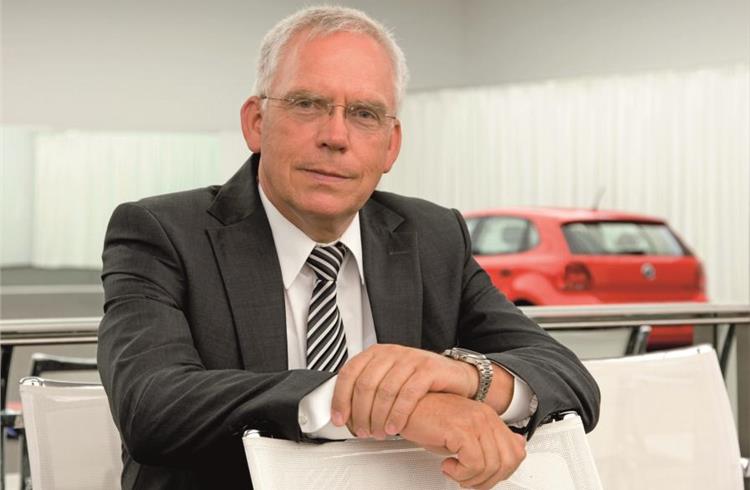
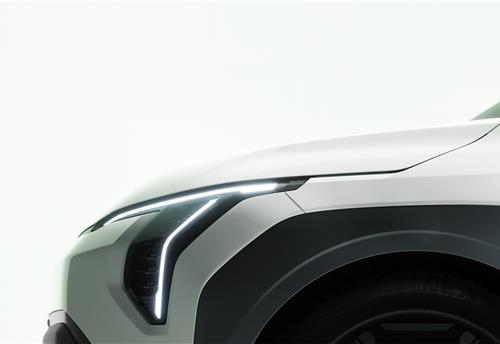
 Autocar Pro News Desk
Autocar Pro News Desk

